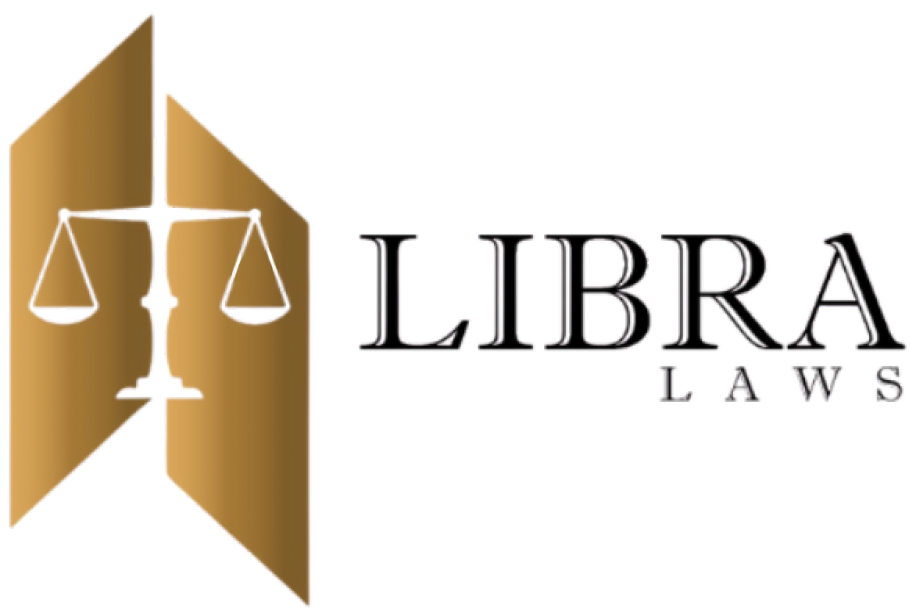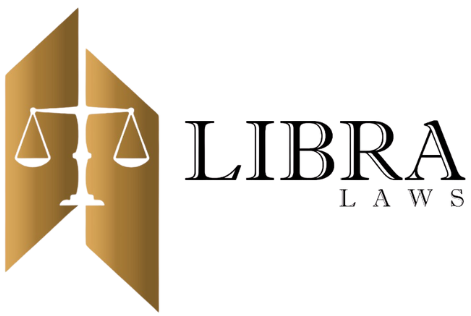Legal knowledge is essential for both individuals and businesses. Understanding your rights can help protect you from potential legal issues and ensure compliance with the law. Whether you are an individual facing a dispute or a business owner managing legal obligations, being informed about your rights is crucial. This guide provides a comprehensive overview of key legal principles to help you navigate legal matters effectively.
Understanding Individual Rights
Civil Rights and Personal Freedoms
Every individual is entitled to fundamental civil rights and personal freedoms, including:
- The right to free speech and expression
- The right to privacy
- Protection against discrimination based on race, gender, or religion
- The right to due process in legal matters
Understanding these rights ensures that you can assert them when necessary and recognize when they are being violated.
Employment Rights
Employees have legal protections in the workplace, including:
- The right to a safe and healthy work environment
- Protection against wrongful termination
- Equal pay and non-discriminatory practices
- The right to fair wages and benefits
If you believe your rights are being infringed upon at work, consulting an employment attorney can help you seek justice.
Consumer Rights
As a consumer, you have rights that protect you from unfair business practices. These include:
- The right to truthful advertising
- Protection against defective or harmful products
- The right to privacy in financial transactions
- The ability to seek refunds or compensation for faulty goods
Being aware of these rights enables you to make informed decisions and take action when necessary.
Legal Considerations for Businesses
Business Formation and Contracts
Starting a business involves legal considerations such as:
- Choosing the appropriate business structure (LLC, corporation, partnership, etc.)
- Drafting and reviewing contracts for vendors, employees, and clients
- Protecting intellectual property through trademarks and copyrights
- Ensuring regulatory compliance and licensing
Consulting a business attorney can help prevent legal issues from arising due to improper documentation or lack of compliance.
Employment Law for Business Owners
Employers must comply with labor laws to avoid legal disputes. Key areas to focus on include:
- Fair hiring practices and anti-discrimination policies
- Wage and hour laws, including overtime pay
- Workplace safety regulations
- Employee benefits and leave policies
Failure to adhere to employment laws can result in lawsuits, financial penalties, and reputational damage.
Tax Obligations
Understanding tax laws is crucial for both individuals and businesses. Key points include:
- Proper tax filing and reporting
- Deductions and credits available to businesses
- Payroll tax compliance for employers
- Sales tax obligations for retailers
Failing to meet tax obligations can lead to penalties, audits, and legal consequences.
How to Protect Your Rights
Seeking Legal Assistance
Knowing when to seek legal assistance is essential. Whether dealing with a dispute, drafting a contract, or facing legal action, a qualified attorney can provide the guidance needed to navigate the situation.
Staying Informed
Laws and regulations frequently change, making it important to stay informed about your legal rights and responsibilities. Regularly reviewing legal resources and consulting professionals can help you stay compliant.
Documenting Everything
Keeping records of contracts, agreements, and communications can serve as evidence in legal disputes. Proper documentation ensures you can defend your rights effectively if needed.
Conclusion
Knowing your rights is essential for individuals and businesses alike. By understanding key legal principles, staying informed, and seeking legal assistance when necessary, you can protect yourself from legal issues and ensure compliance with the law. If you ever face uncertainty, consulting an attorney can provide the clarity and protection you need.

